Dates — the naturally sweet, nutrient-packed fruits of the date palm — have been a staple of Middle Eastern diets and international trade routes for centuries. Revered for their cultural, religious, and culinary importance, dates have also become increasingly popular worldwide for their health benefits, natural sugars, and versatility in both sweet and savory dishes.
As global demand continues to rise, so does the international competition among date-producing nations. So, which country is currently the largest exporter of dates in the world?
As of the latest international trade reports and 2023 data, Saudi Arabia holds the top position as the world’s largest date exporter, followed closely by the United Arab Emirates (UAE), Tunisia, Israel, and Egypt.
Let’s dive deeper into the global date trade, why Saudi Arabia leads the market, the top varieties traded, and what the future holds for this ancient and increasingly modern industry.
Global Date Industry at a Glance
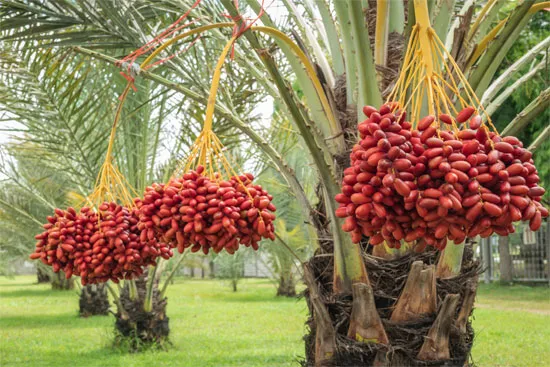
The global date market is thriving. It’s estimated that over 9 million metric tons of dates are produced annually, with significant exports to Europe, North America, Asia, and the Middle East.
While countries like Egypt, Iran, and Algeria lead in production, much of their output is consumed domestically. Export leadership belongs to nations that have strategically invested in quality production, advanced processing, reliable logistics, and global market access.
Saudi Arabia: The World’s Largest Date Exporter
2023 Export Performance
According to international trade data:
- Saudi Arabia exported over 86,000 metric tons of dates in 2023.
- The total export value reached around USD 390 million.
- Dates were shipped to over 100 countries worldwide, with key markets including the United Arab Emirates, Jordan, Indonesia, Turkey, and the United States.
Why Saudi Arabia Leads
Ideal Climate & Fertile Oases:
The Kingdom’s arid environment, long sunny days, and minimal rainfall create perfect growing conditions for premium date varieties such as Ajwa, Sukari, Khalas, Safawi, and Medjool.
Massive Cultivation Areas:
Saudi Arabia is home to more than 30 million date palms, particularly in regions like Al-Qassim, Medina, Al-Hasa, and Riyadh.
Government Investment & Global Promotion:
The Saudi Dates Center and agricultural initiatives like Vision 2030 actively promote date farming, quality standards, export logistics, and international marketing, helping local growers and processors expand into lucrative markets.
Modern Processing & Packaging Facilities:
Saudi exporters adhere to strict international standards in terms of food safety, grading, sorting, and packaging — crucial for penetrating European, North American, and East Asian markets.
Religious and Cultural Significance:
As a staple of Ramadan and Islamic culture, Saudi dates, especially the revered Ajwa of Medina, enjoy premium status and consistent demand across Muslim-majority nations.
Other Major Date Exporters
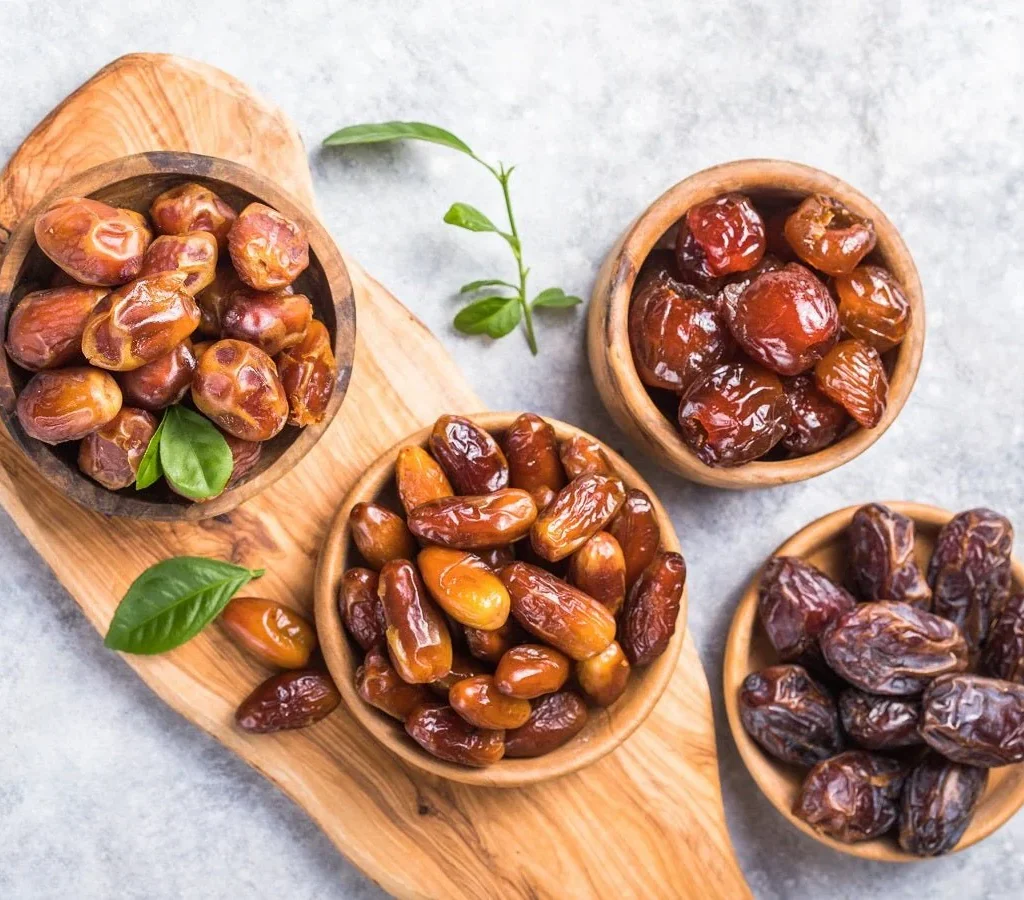
While Saudi Arabia leads, several other nations have established themselves as prominent exporters:
United Arab Emirates (UAE)
- 2023 export value: USD 329 million
- Quantity exported: 85,000+ metric tons
- The UAE serves both as a producer and a major re-exporter, leveraging Dubai’s Jebel Ali Port and free zones to distribute dates to Asia, Africa, and Europe.
Tunisia
- Renowned for Deglet Noor, the “queen of dates”
- 2023 export value: USD 257 million, exporting over 129,000 metric tons
- Key markets: France, Germany, Italy, Canada, and the U.S.
Israel
- Focuses on high-value Medjool dates
- 2023 export value: USD 273 million
- Main markets: North America and Europe
Egypt
- Though the largest global date producer (over 1.7 million metric tons annually), Egypt exports only about 18,000 metric tons, valued at USD 88 million
- Most of its production serves domestic consumption or regional Middle Eastern markets.
Major Export Markets for Dates
The demand for dates has expanded well beyond the Middle East, especially in:
- Europe: France, Germany, Italy, the U.K.
- North America: United States, Canada
- Southeast Asia: Indonesia, Malaysia, Singapore
- South Asia: India, Pakistan, Bangladesh
- East Asia: China, Japan, South Korea
These markets value both bulk commercial dates for mass consumption and premium varieties for gourmet, health, and religious occasions.
Popular Date Varieties in Global Trade
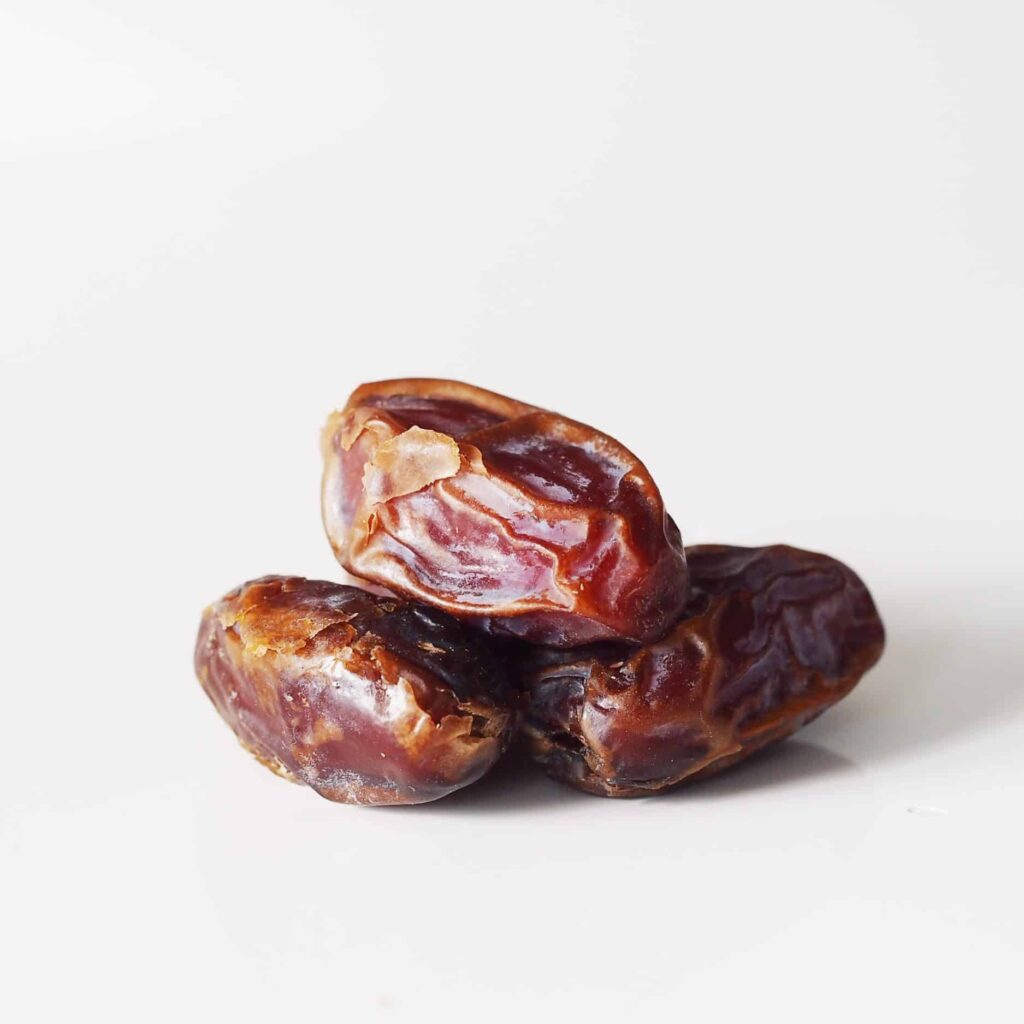
Dates are exported in various forms — fresh, dried, pitted, pressed, and as paste. Among the thousands of cultivars, a few dominate international trade:
- Ajwa (Saudi Arabia): Revered for religious significance and soft, mildly sweet flavor.
- Medjool (Israel, U.S., Saudi Arabia): Known as the “king of dates” for its large size, rich caramel-like taste, and chewy texture.
- Deglet Noor (Tunisia, Algeria): Semi-dry with a honeyed, delicate flavor, prized in European markets.
- Khalas (Saudi Arabia, UAE): Soft, golden-brown, and extremely sweet.
- Mazafati (Iran): Famous for its dark color and rich, moist flesh.
Market Trends & Growth Drivers
- Health-conscious consumers are driving date demand globally as a natural, fiber-rich alternative to processed sugars.
- E-commerce growth is boosting date exports directly to end consumers, particularly during Ramadan and holiday seasons.
- Organic, fair-trade, and certified varieties are gaining popularity in Europe and North America.
- Date-based products like bars, syrups, energy snacks, and gourmet desserts are expanding export opportunities.
Challenges in the Global Date Export Trade
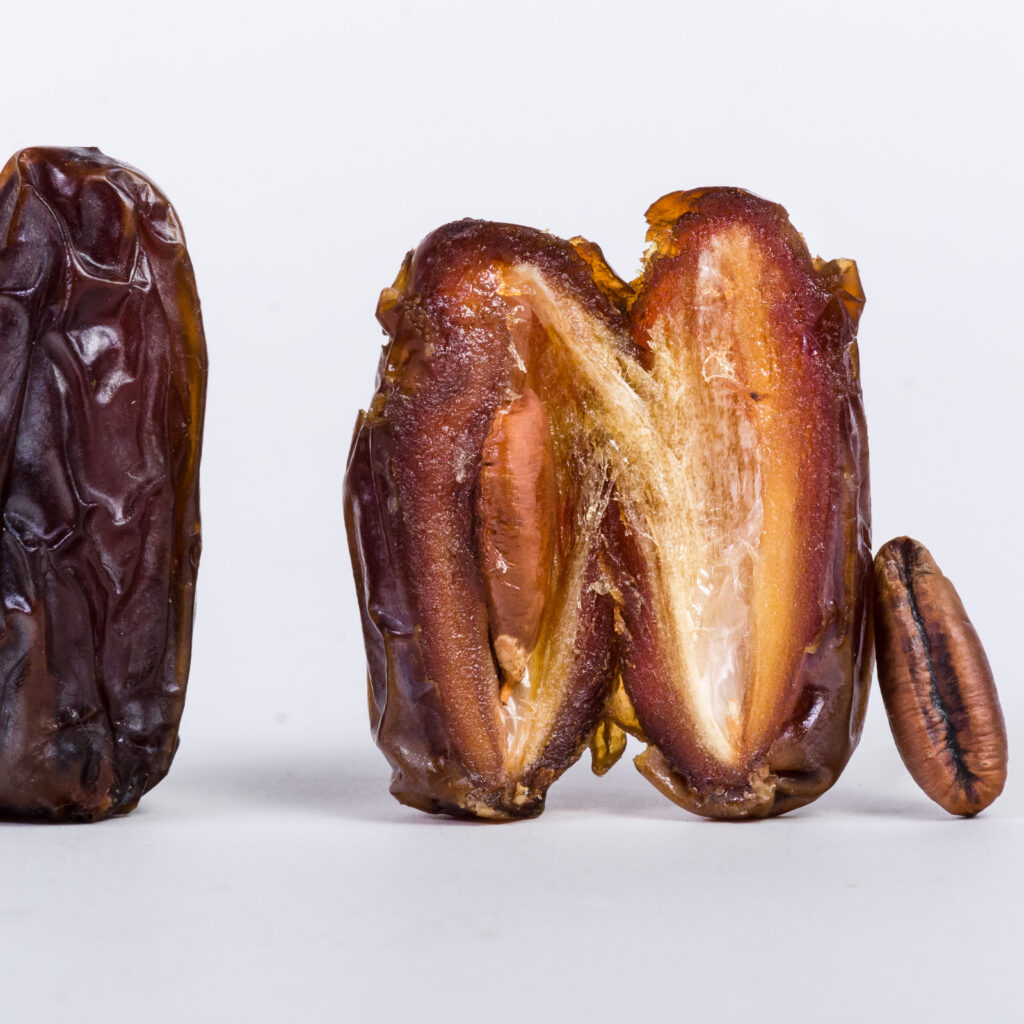
Despite its lucrative prospects, the date export market faces several challenges:
- Climate Change: Rising temperatures and water scarcity in date-growing regions threaten yield stability.
- Perishability: While dried dates have good shelf life, fresh and soft varieties require reliable cold chain logistics.
- Stringent Import Regulations: European and North American markets enforce rigorous food safety, pesticide residue, and quality grading standards.
- Price Volatility: Fluctuations in crop yields and global trade dynamics can impact export pricing and margins.
The Future of Date Exports
The global date trade is forecasted to continue growing steadily, driven by:
- Expanding awareness of dates’ nutritional and medicinal benefits
- Increasing interest in plant-based, natural sweeteners
- Growth in halal-certified and organic food markets
- Rising demand for premium Medjool and Ajwa varieties in Europe, China, and the U.S.
Saudi Arabia, backed by government initiatives and private-sector investments, is poised to retain its leading position, while UAE, Tunisia, and Israel continue to build niche markets for high-value and specialty dates.
Conclusion
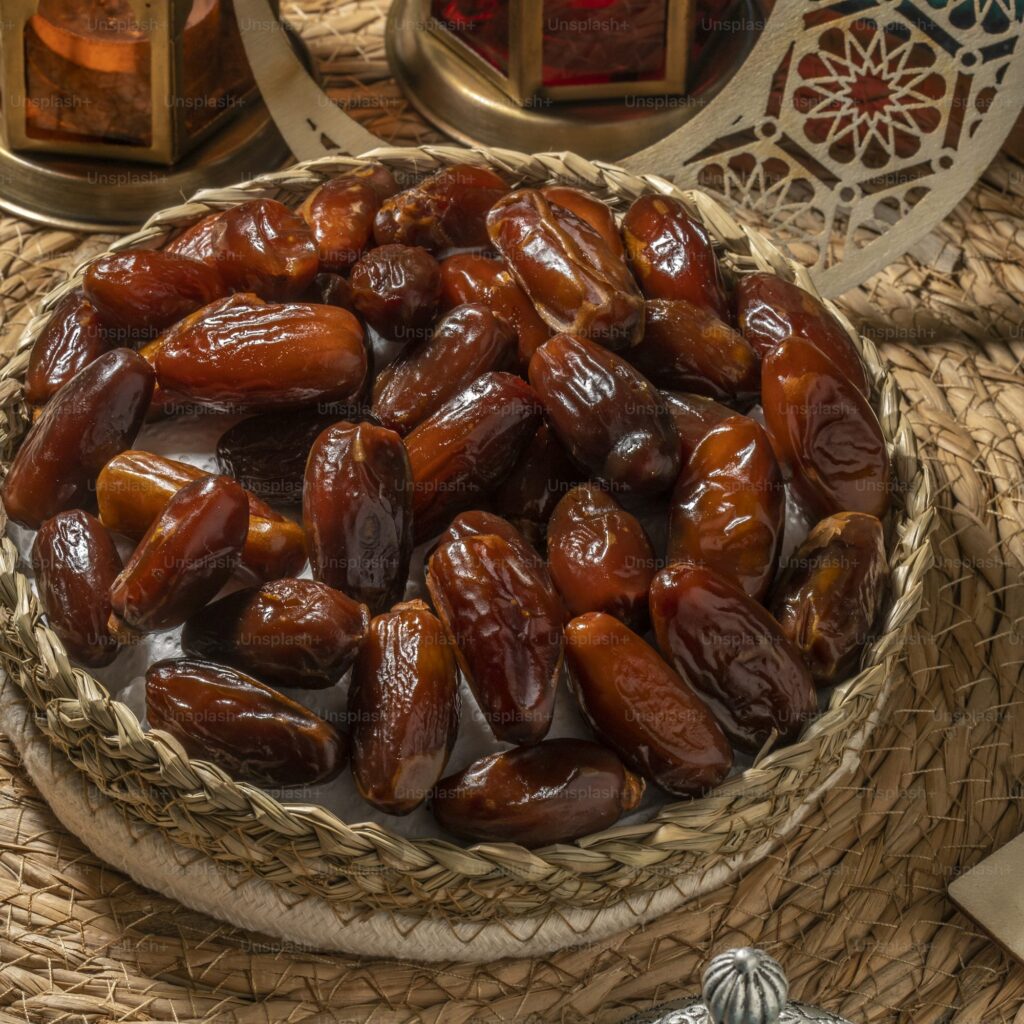
To answer the headline question:
Which country is the largest date exporter in the world?
As of 2023, the clear leader is Saudi Arabia, exporting over USD 390 million worth of dates and shipping to more than 100 countries worldwide. The Kingdom’s ideal climate, cultural heritage, strategic investments, and modern infrastructure have solidified its place atop the global date trade.
As demand for natural, healthy, and culturally significant foods continues to rise, the future for date exporters looks exceptionally sweet.

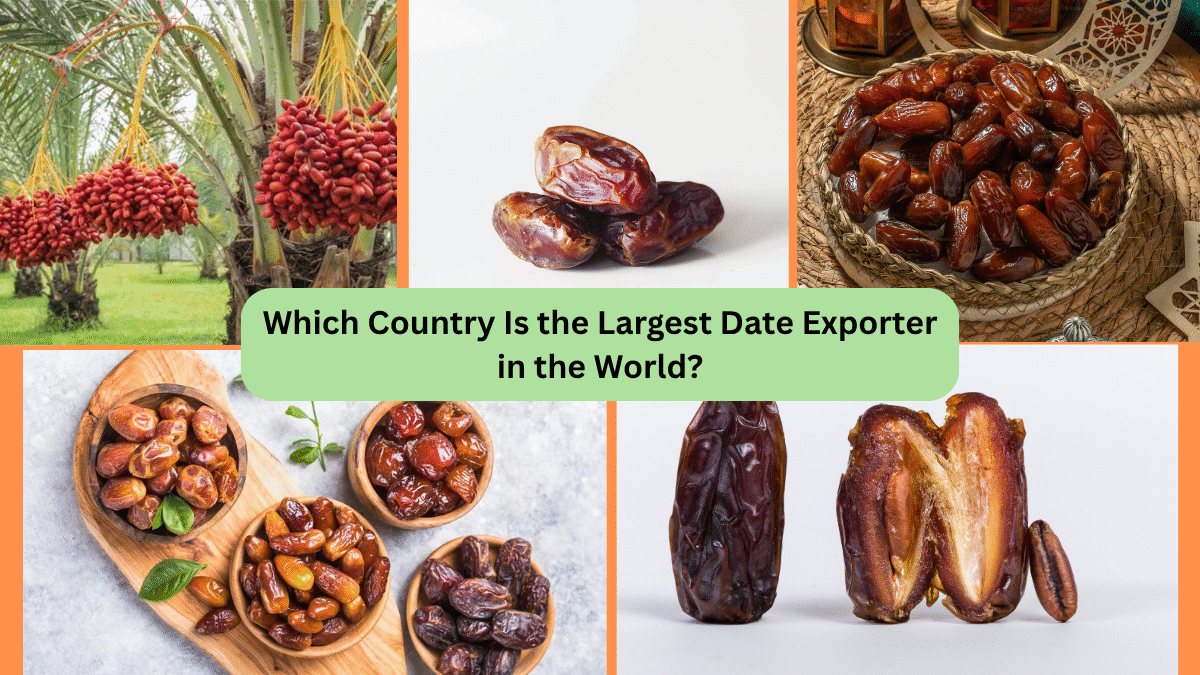
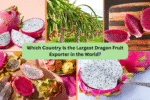

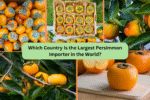
Leave A Comment